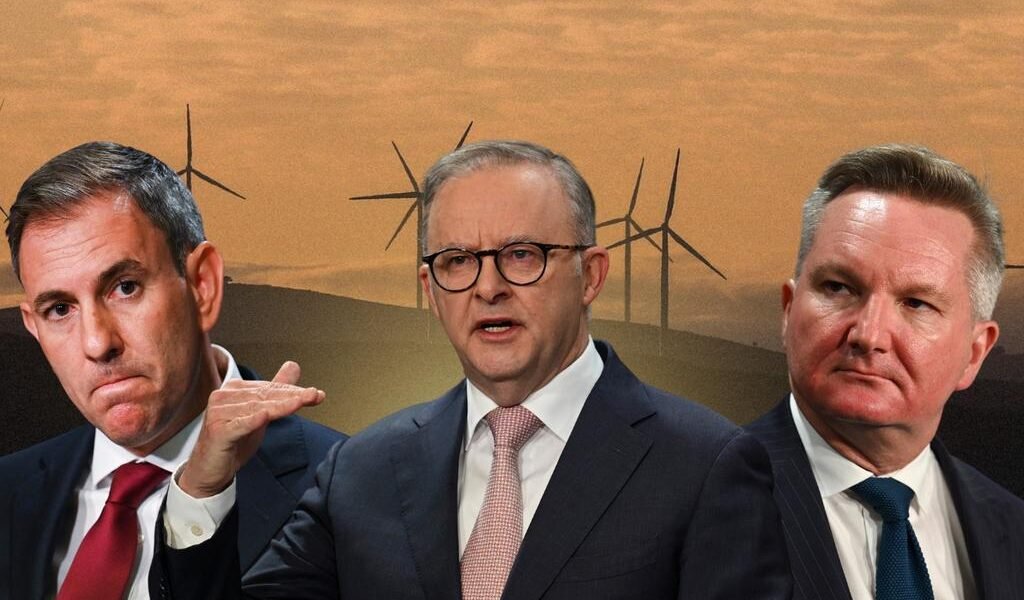Climate change is one of the most pressing issues of our time. In Climate Change Politics Australia, the political landscape is evolving to address this global crisis. As the effects of climate change become more apparent—rising sea levels, extreme weather events, and disruptions to ecosystems—Australia’s political leaders face increasing pressure to act. However, the path forward remains complex. The Australia Climate Change Political Debate 2025 reflects the wide range of views within the country.
In this article, we explore the state of Climate Change Politics Australia, how political debates are shaping national climate policies, and what to expect in the lead-up to the 2025 Australian Federal Election.
Understanding Climate Change Politics in Australia
What is Climate Change Politics?
Climate change politics refers to the policies, debates, and actions surrounding climate change within a country’s political system. In Australia, this involves government leaders, political parties, environmental organizations, and the public shaping climate policies. These decisions impact everything from carbon emissions and energy production to renewable energy development and climate justice.
Australia’s government plays a key role in driving climate action. However, political parties often take different approaches. These differences influence how fast Australia can move toward a low-carbon future.
Key Drivers of Climate Change Politics Australia
Several factors influence Climate Change Politics Australia:
- Local Impact: Australia is one of the countries most affected by climate change. Rising temperatures, extreme heatwaves, and devastating bushfires are just a few examples. These effects heighten the urgency for political leaders to act.
- International Pressure: As part of the global community, Australia has committed to climate agreements like the Paris Agreement. The world is watching, and Australia faces pressure to reduce carbon emissions and increase its climate change efforts.
- Political Ideologies: Different political parties have different views on climate change. The Labor Party generally supports stronger government action, while the Liberal Party may prioritize market-based solutions.
The Australia Climate Change Political Debate 2025
The Australia Climate Change Political Debate 2025 will be a turning point. Climate change is expected to be a central issue in the 2025 Australian Federal Election. Politicians are gearing up for an intense debate about how best to address climate change while balancing economic interests, job creation, and national security.
Key Points in the Debate
- Renewable Energy vs. Fossil Fuels
- A major point of contention is the transition to renewable energy. Advocates argue that clean energy sources like solar and wind are the future. Critics, however, warn about the economic disruption to industries like coal mining.
- The Liberal Party tends to support coal and natural gas as key energy sources. In contrast, The Labor Party pushes for significant investments in renewable energy.
- Carbon Pricing and Emission Reduction Targets
- Proposals like carbon taxes or cap-and-trade systems aim to encourage businesses to reduce their carbon emissions. Supporters believe these mechanisms will stimulate innovation in clean energy, while opponents worry about economic costs.
- The Australia Climate Change Political Debate 2025 will focus heavily on emission reduction targets. Political parties will strive to set ambitious yet achievable goals that balance environmental needs with economic growth.
- Indigenous Rights in Climate Policy
- Indigenous communities in Australia are among the most vulnerable to the impacts of climate change. Rising sea levels, extreme heat, and environmental damage disproportionately affect these communities.
- Politicians are increasingly being called to include Indigenous rights in climate policies. There is growing recognition that Indigenous knowledge and leadership can play a vital role in environmental protection and sustainable land management.
Comparing Climate Change Policies in Australia
To understand the differences in how political parties approach climate change, let’s compare their key policies on the issue.
| Issue | Liberal Party | Labor Party | Greens Party |
|---|---|---|---|
| Carbon Emissions Reduction Targets | Gradual reduction, focusing on technology and innovation | Aggressive reduction targets, aiming for net-zero emissions | Urgent action with a 100% renewable energy target |
| Renewable Energy Investment | Balanced energy mix, including gas | Major investment in solar, wind, and renewables | Rapid shift to 100% renewable energy |
| Fossil Fuels | Continued use of coal and gas | Phasing out coal, investing in renewables | Immediate cessation of fossil fuel use |
| Indigenous Rights in Climate Policy | Limited focus, but supports some engagement | Inclusion of Indigenous leadership in land management | Strong emphasis on Indigenous rights and involvement |
The Impact of the 2025 Australian Federal Election
The 2025 Australian Federal Election will be a pivotal moment in Climate Change Politics Australia. The election results could determine whether Australia adopts more ambitious climate policies or maintains a more cautious approach.
- If the Labor Party or the Greens win, we may see aggressive climate policies aimed at reducing emissions and accelerating the transition to renewable energy.
- If the Liberal Party wins, we could see a more gradual transition, with continued support for fossil fuels and a slower shift to renewable energy.
What to Expect in the Future
As Climate Change Politics Australia evolves, several outcomes are possible:
- Increased investment in renewable energy: Regardless of which party is in power, Australia will likely continue investing in solar, wind, and other renewable sources. The challenge lies in how quickly this transition happens.
- Stronger climate laws: Climate change will remain a central issue in Australian politics. Expect to see stronger laws aimed at reducing emissions and promoting sustainability.
- Public involvement: The Australian public, especially young people and environmental activists, will continue to push for faster and more aggressive action on climate change. Politicians will have to respond to these demands.
FAQs
1. How does climate change impact Australia’s economy?
Australia’s economy is heavily influenced by climate change. Extreme weather events such as droughts and bushfires impact agriculture, tourism, and infrastructure. On the other hand, investments in clean energy could drive economic growth and job creation.
2. Why are Indigenous rights important in climate change politics?
Indigenous communities are often the first to face the impacts of climate change. Their traditional knowledge of land management can offer solutions to many of the environmental challenges we face. Recognizing Indigenous rights ensures fair and sustainable policies.
3. What are the key climate change policies being debated in Australia?
The main issues include carbon pricing, emission reduction targets, renewable energy investment, and the role of fossil fuels in Australia’s energy future.
4. How will the 2025 Australian Federal Election impact climate change policy?
The outcome of the election will determine whether Australia embraces a rapid transition to renewable energy or takes a more cautious approach. Voters will decide which party’s climate policies align with their values.
Conclusion
The Climate Change Politics Australia landscape is rapidly shifting. The Australia Climate Change Political Debate 2025 will be crucial for shaping the country’s climate policies in the years ahead. As climate change continues to affect Australia’s environment and economy, the nation’s leaders will need to make bold and decisive actions. The 2025 Australian Federal Election could change the course of Australia’s climate future, either accelerating or slowing down necessary actions.
Voters must stay informed and engaged to ensure that climate change is tackled effectively. The future of Australia’s climate policy depends on the decisions made by politicians, the influence of public pressure, and the collective will of the people.


